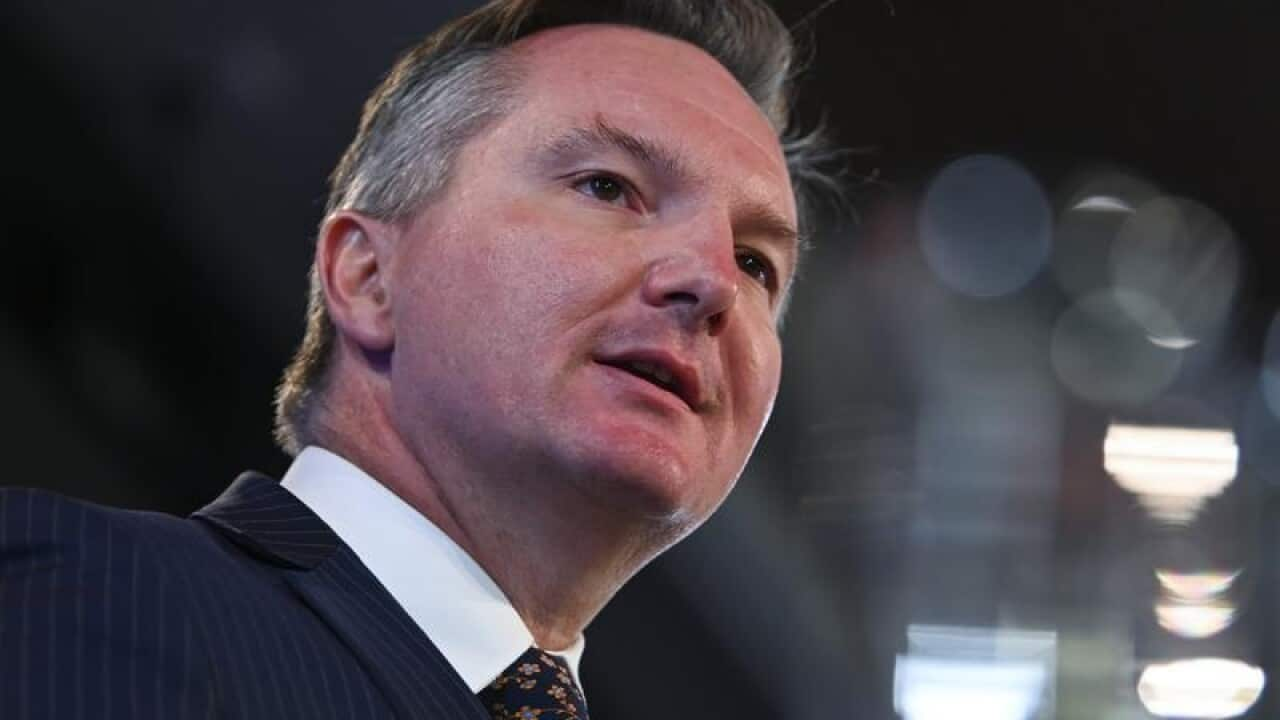A Labor government would open new consulates and reverse a decline in students studying Asian languages to ensure Australia makes the most of the "Asian Century", shadow treasurer Chris Bowen said.
Mr Bowen launched "Labor's Future Asia Plan" document while speaking at a conference in Darwin, where he said there needed to be a "step change" in how Australia dealt with the Asian region.
Australians "tended to pat ourselves on the back" and believe we had some innate expertise because China was our largest trading partner, Mr Bowen said.
"I have to tell you this is incorrect," he said.
Not acting now would threaten Australia's record 27-year period of economic growth, he said.
It was worrying that the number of year 12 students studying Mandarin had dropped significantly since 2005, and there were more Australian schoolchildren studying Indonesian in 1972 than today, despite the population nearly doubling since then, he said.
Mr Bowen delivered a greeting in Indonesian at the NT Chamber of Commerce Australia-Asia Chamber Forum, and is one of four Bahasa speakers in the 220-member Australian parliament.
Most Australians that spoke or were studying Mandarin were of a Chinese heritage, he said.
There were just 130 people in Australia who were not of Chinese heritage that spoke Mandarin to a level good enough to do business in China.
"We have a long, long way to go," Mr Bowen said.
"If you learn an Asian language you learn about the country, culture, society."
The policy document includes establishing four new diplomatic posts, new Asia-related studies centres, scholarships and moves to get people with Asian business experience on to the boards of ASX companies, which is at just 33 per cent for the top 200 firms.
An Asia Capable Schools Program would involve funding for 5000 school principals across the country to lift their Asian language offering.
Mr Bowen would report to parliament on its progress each year.
Mr Bowen said the Indo Pacific would include four out of the world's five largest economies and almost 90 per cent of the hundreds of millions of people who will be added to the world's middle class over the next 20 years.
"There are great opportunities for us, but while free trade agreements and closer economic co-operation are great ... they only open doors, and unless we as a country go through those doors they're simply pieces of paper," he said.

